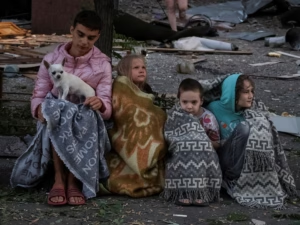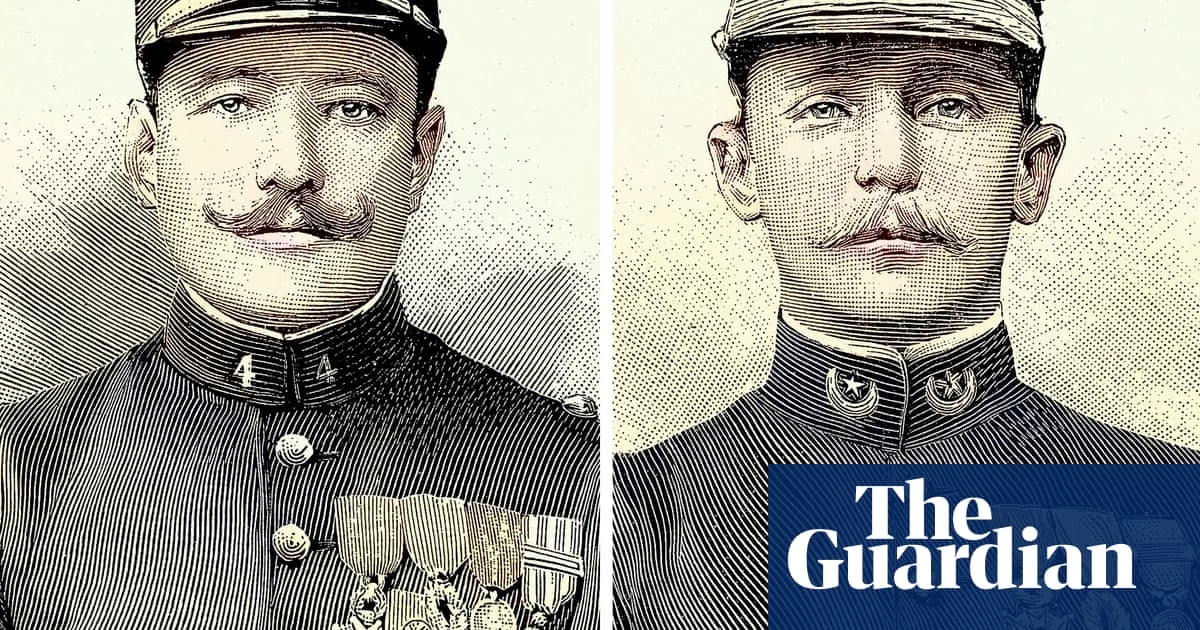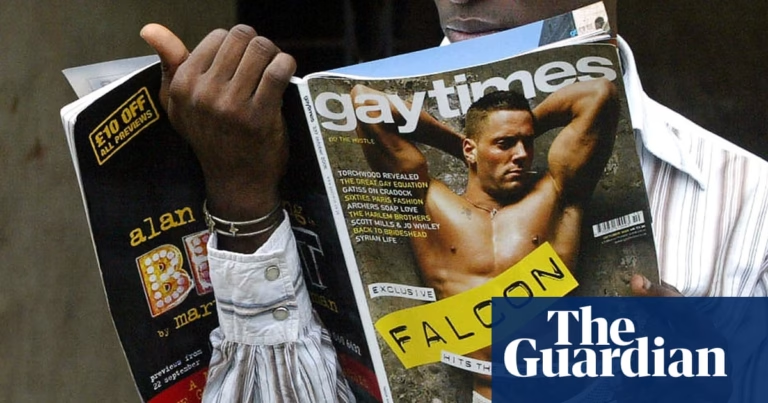More than 100 years after its troops ravaged villages and stole cultural artifacts during its quest to add Niger to its colonial empire in West Africa, France has signaled openness to the idea of restitution but has not taken responsibility. The office of France’s permanent representative to the UN stated, “France remains open to bilateral dialogue with the Nigerien authorities, as well as to any collaboration concerning provenance research or patrimonial cooperation.” The statement was in response to a letter from a UN special rapporteur representing four Nigerien communities that descended from victims of the 1899 Mission Afrique Centrale (MAC), one of the most violent colonial campaigns in Africa.
Despite France’s awareness of the atrocities committed at the time, no MAC officer has ever been held accountable. According to Bernard Duhaime, a professor of international law at the University of Quebec in Montreal and the UN special rapporteur handling the case, France has not conducted any official inquiries or acknowledged the horrors inflicted on the affected communities.
In 1899, French officers, led by Captains Paul Voulet and Julien Chanoine, marched through communities in present-day Niger, killing thousands of unarmed people and looting supplies. The next year, Niger became an official part of French West Africa. In the village of Birni-N’Konni alone, it is estimated that approximately 400 people were killed in a single day. The mission’s path saw entire villages, including Tibiri, Zinder, and smaller communities, burned and looted, with corpses displayed at their entrances.
When Col Jean-François Klobb was dispatched by Paris to replace Voulet and end the bloodshed, he was shot to death by soldiers following Voulet’s orders.
In recent years, France has started engaging with its historical wrongdoings in Africa, despite growing anti-French sentiments across the continent. In 2021, President Emmanuel Macron admitted France’s responsibility in the Rwandan genocide. A year later, Paris acknowledged the 1945 massacre of tens of thousands of Algerian civilians in Sétif. In May 2023, France issued a formal apology for the brutal repression of the 1947 Malagasy uprising.
However, there has been a reluctance to acknowledge the Voulet-Chanoine mission, which is largely absent from French schoolbooks and scarcely remembered in Niger’s national curriculum. Instead, there was a bureaucratic cover-up, and accounts of survivors and their descendants have been weak due to decades of silence and trauma.
The affected communities are now seeking access to official archives to uncover the true extent of the atrocities. They also demand the return of cultural artifacts stolen during the campaign. Hosseini Tahirou Amadou, a history and geography teacher who began the campaign in 2014, said that acknowledging the atrocities would be the first step in the right direction. “After this recognition, we can move on to the next step, which is reparation. During these crimes, precious objects linked to our history were stolen to France. We need their return.”
The French government’s response to the UN special rapporteur cited the principle of non-retroactivity of international law, stating that any treaties deemed to have been contravened were ratified long after the incidents occurred. The French government also mentioned that it had yet to receive restitution requests concerning MAC-related looted artifacts or human remains from Nigerien authorities.
Source: https://www.theguardian.com/world/2025/jul/15/france-willingness-discuss-reparations-niger








